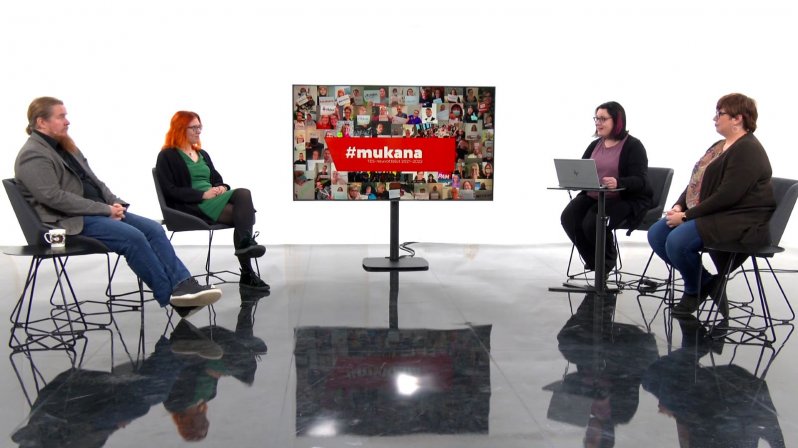Better pay and better coping among the top priorities in the collective bargaining round
At its meeting on Tuesday, PAM’s Executive Committee set out topics for the upcoming negotiations on collective agreements. Higher earnings, breaks at work and better reconciliation of working and private life are among PAM’s objectives as it goes into negotiations with the employers’ federations on new employment terms for workers.
Over the next six months, minimum employment terms will be re-negotiated for just about all workers in private service sectors.
On Wednesday, following the meeting of PAM’s Executive Committee, PAM organised a webinar for staff representatives on the upcoming negotiations. President Annika Rönni-Sällinen reminded participants that this goes to the heart of what PAM does. The union exists to improve its members’ terms and conditions of employment. This happens by negotiating collective agreements and making sure that they are complied with.
Labour shortage a problem
Many of the comments by shop stewards in the webinar were about pay rises.
PAM hasn’t yet set a target for pay rises, but according to Collective Agreement Manager Ismo Kokko, increases will need to be substantial. The overall state of the economy looks good right now, even though there are problems too. There’s also a lot of talk of labour shortages being a problem in sectors.
One of the staff representatives attending the webinar reported, however, that “if you even mention pay rises you just get told that any workers can be replaced”.
That attitude won’t fix the labour shortages that customers, companies and employees are all suffering from, said Rönni-Sällinen.
“We’re looking for improvements in pay, coping and wellbeing at work, at least. This can be done in a number of ways in the various collective agreements”, Rönni-Sällinen said.
The objectives for specific sectors will be defined in the months ahead and members will be asked for their views on what needs to change.
“It’s good to remember that employment conditions have to be re-negotiated every time. They’re not made or kept or improved on their own. We need the involvement of all employees”, Rönni-Sällinen said



